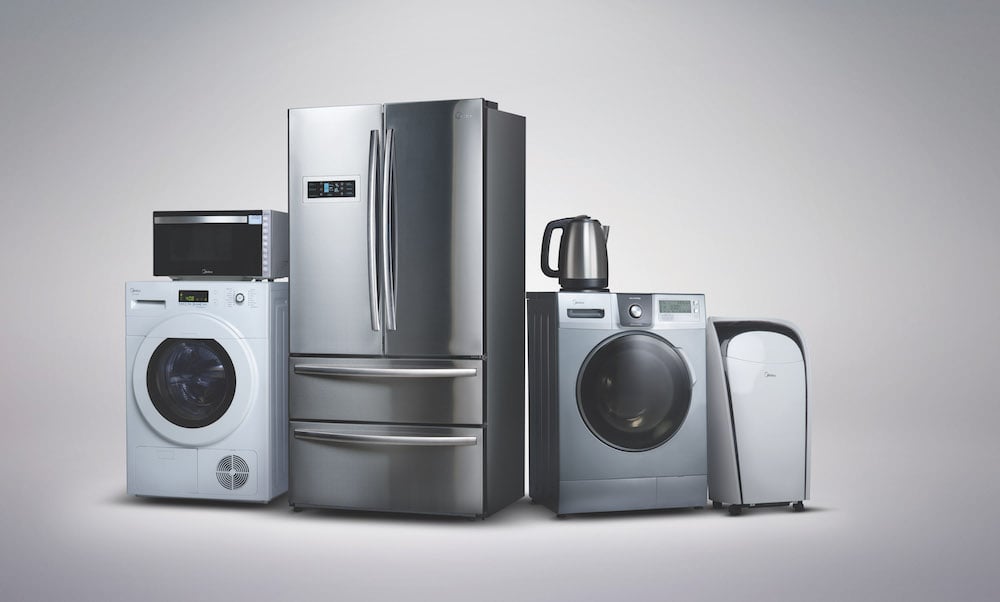The global shortage in semiconductors is set to impact the appliance industry with prices for appliances in Australian stores set to rise “significantly” according to Midea executives, also set to rise is the price of TV’s.
Midea, with a market cap of US$91.7 billion, is the world’s largest manufacturer of consumer appliances, including refrigerators, washing machines small appliances and air conditioners.
Their executives claim that the price of processors for home appliances, which are generally less sophisticated than those used in smartphones and laptop computers, are poised to increase in price as the global shortfall of chips becomes worse.
Disruptions in production at China’s home appliances industry could potentially have a negative impact on the global market for these products. China produces about two-thirds of the world’s air conditioners, televisions, and microwave ovens, and about half of refrigerators and washing machines, according to data from the China Household Electrical Appliances Association.
The South China Morning Post claims that while the impact of chip shortages in China’s home appliances sector is currently hard to quantify, manufacturers’ plans are likely to change so they can adapt to rising costs or decreased availability of these components, which are used to make products “smarter”, typically requiring an internet connection.
Several Chinese TV brands such as Hisense and TCL have increased the price of their TV models, citing higher prices in key components. South Korea’s Samsung Electronics and Japan’s Sony have also recently raised prices on a range of products.
The global chip shortage “isn’t just affecting high-end chips”, said Stewart Randall, the head of electronics and embedded software at Intralink, an international business development consultancy. Ensuring sufficient chip supply, he indicated, has also become a major challenge to many electrical appliance makers.
Jason Ai, the president, and chief executive at home appliance maker Whirlpool said last week that chip deliveries at his Company fell short of its orders by about 10 per cent in March.
Other analysts expected the tight chip supply to continue having an adverse impact on China’s home appliances sector in the coming months, if not years.
“We expect the shortage to continue in 2022,” said Ivan Platonov, an analyst at research firm EqualOcean. “White goods producers will suffer significantly, as the industry is mature and has been operating at very low margins for years.”
The global chip shortage is “a challenge second only to the limited real manufacturing capacity”, Platonov said. He indicated that semiconductor companies have been moving into higher-end silicon for fatter profits. That has resulted in a tight supply of large-size wafers, such as 200-milimetres, since 2019 – a situation that has become worse this year, he added.
Midea owns MR Semiconductor, which was set up in 2018, this has helped provide a steady supply of components, including microcontrollers and power management chips, for its own use.
Platonov said Midea’s own chip operation is helping offset some of the impact of the current supply squeeze. He said most of the microelectronic devices used by Midea can now be manufactured in chip foundries in mainland China.













































